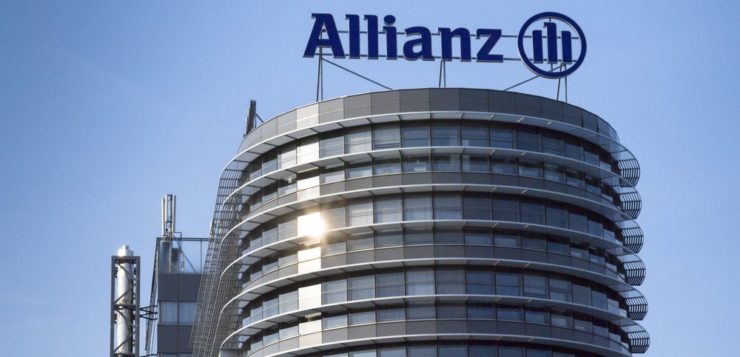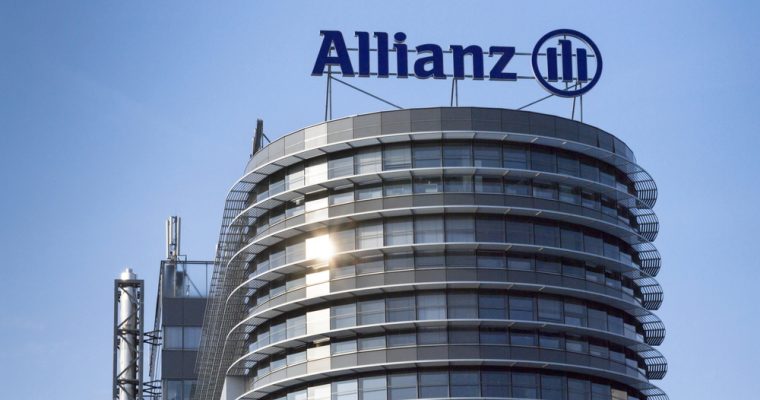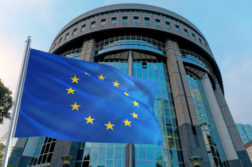According to a Reuters report, Allianz Global Investors (GI) CEO Andreas Utermann encouraged regulators to outlaw crypto.
At a conference held in London, directed toward Andrew Bailey, the head of Britain’s Financial Conduct Authority. Utterman said:
“You should outlaw it [crypto]. I am personally surprised that regulators haven’t stepped in harder.”
Regulators Aren’t Outlawing Crypto
Recently, the G20, a global forum that hosts government officials from 20 of the largest economies in the world, has come to a consensus to regulate the crypto space primarily to ensure that digital assets are not used to fund criminal activities and to launder money.
A declaration released by the G20 read:
“We will regulate crypto-assets for anti-money laundering and countering the financing of terrorism in line with FATF [Financial Action Task Force] standards and we will consider other responses as needed.”
With the G20’s lead to regulate crypto, many governments will likely refrain from imposing a blanket ban on crypto because doing so can leave governments in the dark while individuals and institutions continue to use consensus currencies for various use cases.
If governments build an efficient and a practical ecosystem for cryptocurrency businesses, they can benefit from the taxes filed by investors and crack down on criminals that attempt to utilize strictly regulated cryptocurrency trading platforms equipped with Know Your Customer (KYC) and Anti-Money Laundering (AML) systems.
However, if a government places a ban on cryptocurrency trading and transactions, the majority of digital asset activities could move to underground markets and peer-to-peer (P2P) platforms that are far more difficult for the authorities to monitor and govern.
Blockchain technology and cryptocurrencies have also become a symbol of innovation for major economies. Even China, which has strictly banned cryptocurrency trading, is continuing to lead initiatives on blockchain development.
South Korea, the third largest cryptocurrency exchange in the global market, has established blockchain technology as one of the several main pillars of the Fourth Industrial Revolution and has encouraged young talent in the country to enter the blockchain space.
In smaller economies, as seen in the progress made by Malta, Singapore, and Switzerland, the authorities are incentivized to bring in multi-billion dollar businesses and fast-growing startups from emerging markets like crypto.
Consensus currencies are difficult to outlaw and restrict, to begin with, but by outlawing cryptocurrencies, governments do not benefit out of it, as portrayed by the G20 to regulate the market.
Nasdaq and Fidelity
While several financial institutions call for the demise of crypto, many large conglomerates in the likes of Nasdaq, Fidelity, ICE, NYSE, and Goldman Sachs are strengthening the infrastructure supporting cryptocurrencies.
The four institutions are set to operate trusted custodial solutions, futures markets, and exchanges to serve investors in the traditional financial market.
As transaction monitoring technologies, surveillance, and KYC systems become more sophisticated, it will be challenging to claim that cryptocurrencies are in any way more exposed to criminal activities and money laundering that fiat money.
In 2018 alone, two banks, Danske and Deutsche Bank, suffered two money laundering scandals that surpass the entire market cap of cryptocurrencies.
Featured image from Shutterstock.
Get Exclusive Crypto Analysis by Professional Traders and Investors on Hacked.com. Sign up now and get the first month for free. Click here.







